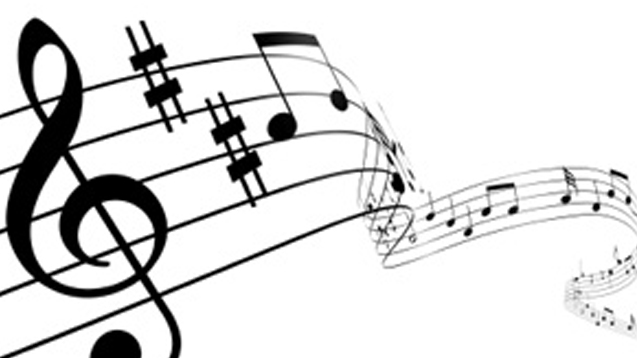Songs by Queen, Pink Floyd and Bob Marley are among the most effective for music therapy patients, a UK study has found.
Queen’s classic We Will Rock You came out on top, with Marley’s Three Little Birds and Pink Floyd’s Another Brick in the Wall making the top five.
Researchers at arts therapy provider Chroma, which conducted the survey, said We Will Rock You’s emphatic rhythm and strong melody make it ideal for the rehabilitation of speech, language and cognitive functions following a stroke or brain injury.
Daniel Thomas, managing director of Chroma, added: ‘A lot of people probably imagine that music therapy is all about soft and gentle sounds but, when choosing music with our clients, we sometimes rely heavily on strong, loud songs with a simple melody and a no-nonsense beat.
‘In a lot of ways, We Will Rock You is a music therapy natural. You can see and hear it in the way that it is chanted so enthusiastically in football grounds. Belt it out, stamp your feet, and you’ll immediately feel more uplifted, united and orientated.’
The top five songs named in the survey are:
We Will Rock You, Queen
Three Little Birds, Bob Marley
Amazing Grace, various versions including Elvis Presley
Another Brick in the Wall, Pink Floyd
You Are My Sunshine, various versions including Johnny Cash
The top five artists used in music therapy were also included in the survey with Bob Marley taking the top slot, followed by Queen, Adele, Pink Floyd and Eminem.
Thomas said: ‘If you look at the songs and artists that are chosen, they tend to have very strong melodies and rhythms and are very much woven into the fabric of people’s lives... This type of therapy can be remarkably effective and adapted to many different kinds of problems that people are facing as individuals or groups such as families.’
The research covered 50 music therapists who work for the company and together provide over 17,500 hours of support to over 500 patients and clients.
Queen’s classic We Will Rock You came out on top, with Marley’s Three Little Birds and Pink Floyd’s Another Brick in the Wall making the top five.
Researchers at arts therapy provider Chroma, which conducted the survey, said We Will Rock You’s emphatic rhythm and strong melody make it ideal for the rehabilitation of speech, language and cognitive functions following a stroke or brain injury.
Daniel Thomas, managing director of Chroma, added: ‘A lot of people probably imagine that music therapy is all about soft and gentle sounds but, when choosing music with our clients, we sometimes rely heavily on strong, loud songs with a simple melody and a no-nonsense beat.
‘In a lot of ways, We Will Rock You is a music therapy natural. You can see and hear it in the way that it is chanted so enthusiastically in football grounds. Belt it out, stamp your feet, and you’ll immediately feel more uplifted, united and orientated.’
The top five songs named in the survey are:
We Will Rock You, Queen
Three Little Birds, Bob Marley
Amazing Grace, various versions including Elvis Presley
Another Brick in the Wall, Pink Floyd
You Are My Sunshine, various versions including Johnny Cash
The top five artists used in music therapy were also included in the survey with Bob Marley taking the top slot, followed by Queen, Adele, Pink Floyd and Eminem.
Thomas said: ‘If you look at the songs and artists that are chosen, they tend to have very strong melodies and rhythms and are very much woven into the fabric of people’s lives... This type of therapy can be remarkably effective and adapted to many different kinds of problems that people are facing as individuals or groups such as families.’
The research covered 50 music therapists who work for the company and together provide over 17,500 hours of support to over 500 patients and clients.


